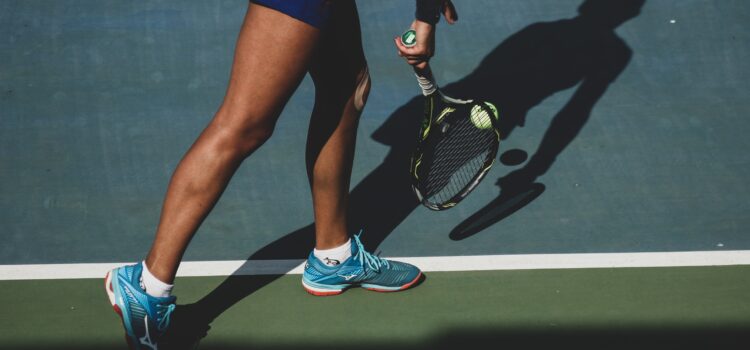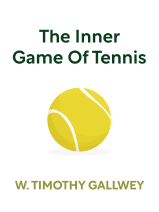

This article is an excerpt from the Shortform book guide to "The Inner Game of Tennis" by W. Timothy Gallwey. Shortform has the world's best summaries and analyses of books you should be reading.
Like this article? Sign up for a free trial here .
What’s the mental game of tennis? Why do you need to improve your mental game to be a great tennis player?
If you’re a tennis player, you have to work on both your mental game of tennis as well as your physical game. Both aspects are an important part of your game.
Read more about the mental game of tennis below.
The Mental Game of Tennis
In The Inner Game of Tennis, tennis pro and educator Timothy Gallwey explores the mind games that exist both in tennis and the rest of our lives.
He argues that we aren’t practicing and learning correctly and suggests a new method that is based on the concepts of playing an inner and an outer game, governed by two selves, one that relies on instinct and the other that governs the thinking mind.
While the greatest tennis players in the world are remarkable physical athletes, tennis is primarily a mental game. It is almost always your mind that keeps you from unlocking your true potential.
Most pro tennis players don’t complain about any sort of physical limitations. Rather, they complain about mental limitations, their Inner Game: They play better in practice than in games, or they get nervous and lose concentration during big points.
However, most pros focus on the Outer Game. Consider the typical tennis lesson:
- The tennis pro, not wanting to disappoint her client, will give her technical advice on basically every stroke.
- The client, now constantly overthinking about how she can improve her game, will have dozens of technical lessons spinning in her head at the same time.
Now, consider the lesson where the pro scales back her comments significantly:
- Strangely, issues that she notices but doesn’t comment on begin to fix themselves. Sometimes, the verbal commands actually harm rather than help. Why is this?
Commentators often describe players who are playing particularly well as playing “out of their mind” or “over their head.” Think about a lower seed in a tournament who upsets a great player by simply outplaying them. There’s an understanding, even if it isn’t said out loud, that when someone is playing “unconsciously” they’re actually more aware of their surroundings. What they’re not doing is thinking too actively or “over-trying.”
So the Inner Game is all about learning to play unconsciously without trying too hard to do just that, and improving your mental game of tennis.

———End of Preview———
Like what you just read? Read the rest of the world's best book summary and analysis of W. Timothy Gallwey's "The Inner Game of Tennis" at Shortform .
Here's what you'll find in our full The Inner Game of Tennis summary :
- Why tennis is actually a mind game
- How to quiet the mind and concentrate intently
- Why your self-worth shouldn't be dependent on how you do in competition






